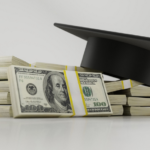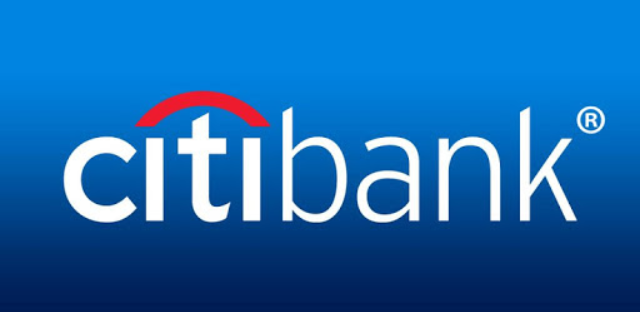
What Happens If You Can’t Pay Off Your Student Loan
Most of us have been there, struggling not only to complete our college education but also to pay off our student loans after graduating. We all know that student loans can be a huge burden, but what happens if you can’t pay them off? Unfortunately, if you default on your student loans, the consequences can be severe. You could end up losing your tax refunds, having your wages garnished, or even damaging your credit score. Even the most aggressive credit repair company can’t help you out. So it’s important to understand what could happen if you can’t make your loan payments and learn the options you have to deal with it. Read on to find out.
Wage Garnishment
Wage garnishment is one of the most serious consequences of defaulting on your student loan. Under this process, a court order can be issued to withhold up to 15% of your disposable income for the payment of your loan. This means that the money will automatically be taken out from your salary or wages and sent directly to your lender, leaving you with less money for other expenses. On top of that, it could also take a toll on your credit score, making it difficult for you to qualify for other loans or secure credit in the future.
Tax Refund Seizure
Another consequence of not repaying your student loan is that the government can take away your tax refund, which can be equal to or even more than the total owed amount. This means you won’t receive any refunds from the IRS until the entire loan has been paid off. This can be a serious setback, especially if you were counting on that refund money to pay off other bills or invest in something else. Without the refund, you won’t have the necessary funds to do what you planned and could end up with more debt.
Social Security Garnishment

If you are receiving Social Security benefits, the government could also garnish those to pay off your student loan. It is important to note that there are some limits on this garnishment, and it can only be up to 15 percent of your total benefits. While this may not seem like much, it can still significantly impact your finances. Not only will it leave you with less money to pay for necessary expenses, but it could also cause a decrease in the amount of Social Security benefits you receive each month.
Credit Score Damage
Finally, defaulting on your student loan can also damage your credit score. This information will be reported to the three major credit bureaus and could stay on your record for up to seven years, significantly lowering your ability to qualify for other loans or secure any credit in the future. A low credit score can have serious implications, and it’s often difficult to repair the damage done. In fact, even the most aggressive credit repair companies won’t be able to help you fix your score.
Now you know it. The consequences of not paying off your student loan can be severe, but options are still available. First, you have the option of Public Service Loan Forgiveness. This program allows those who work in public service and make 120 qualifying payments to have their student loan debt forgiven. You might also be able to negotiate a payment plan with your lender, which can help you get back on track with your loan payments. Stay tuned for more tips on how to get rid of your student loans.…







